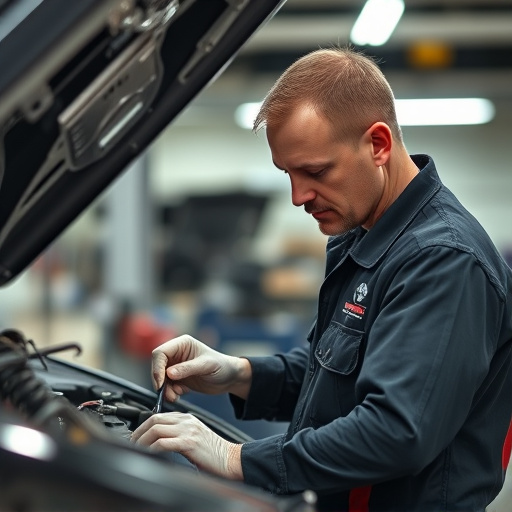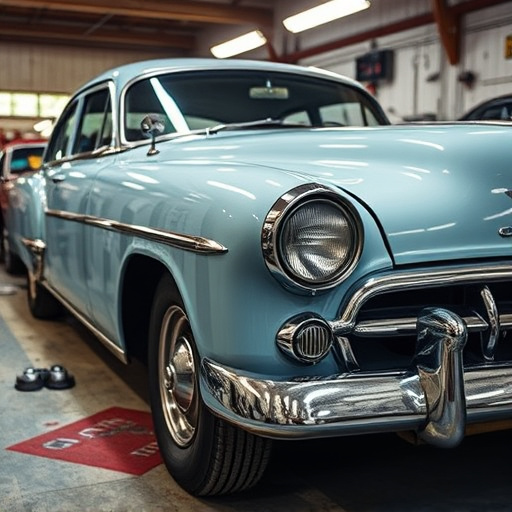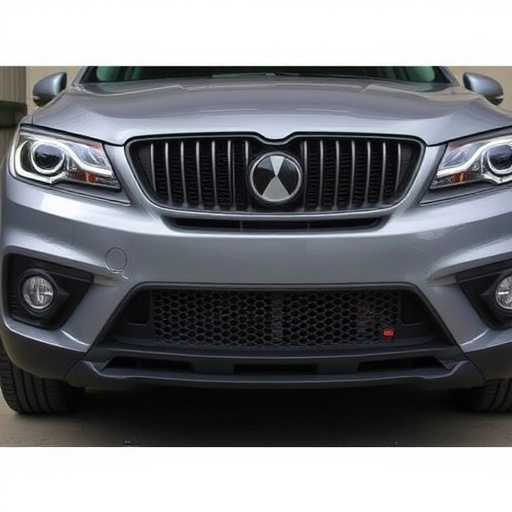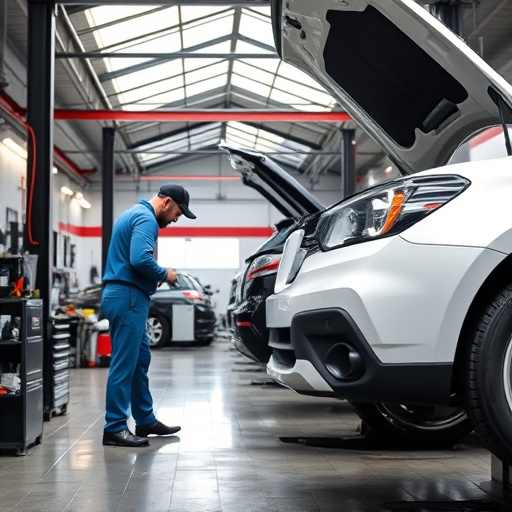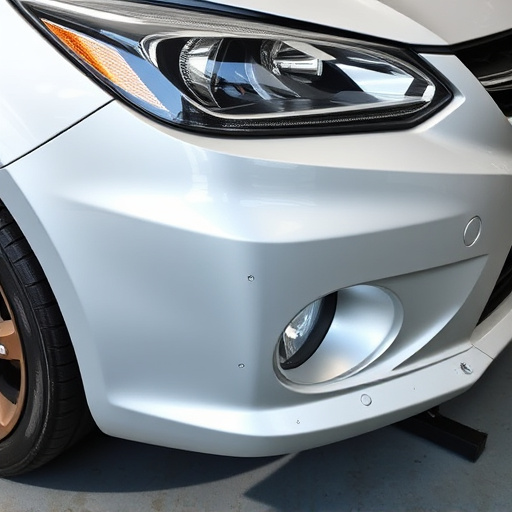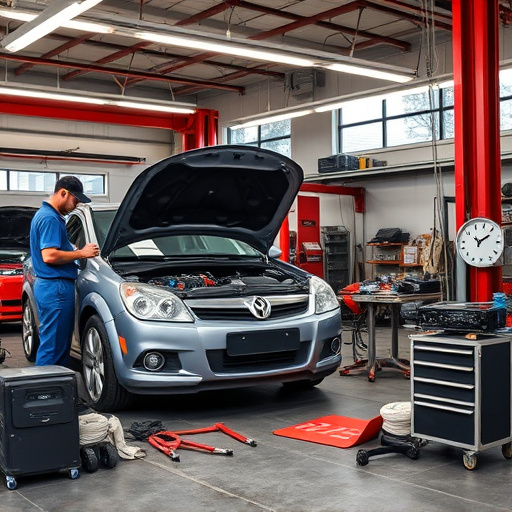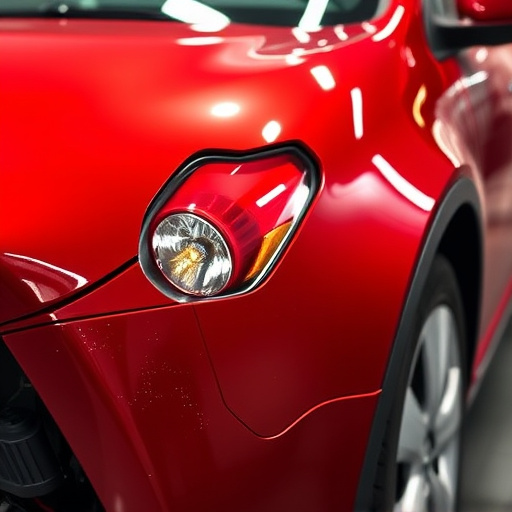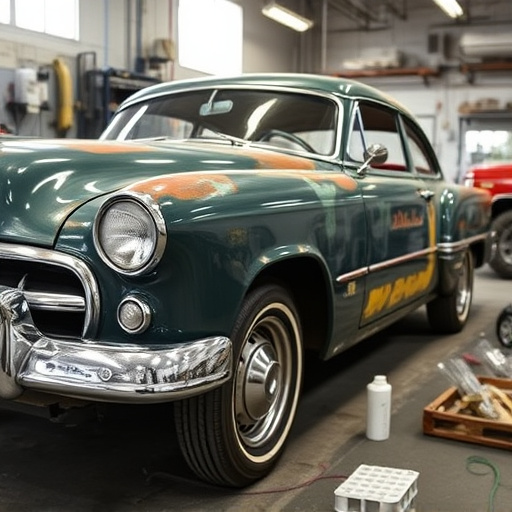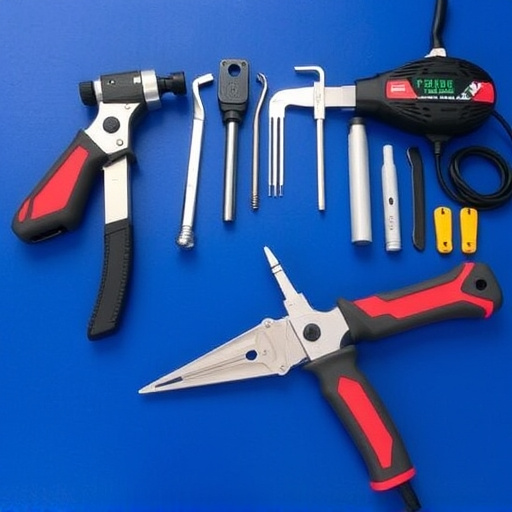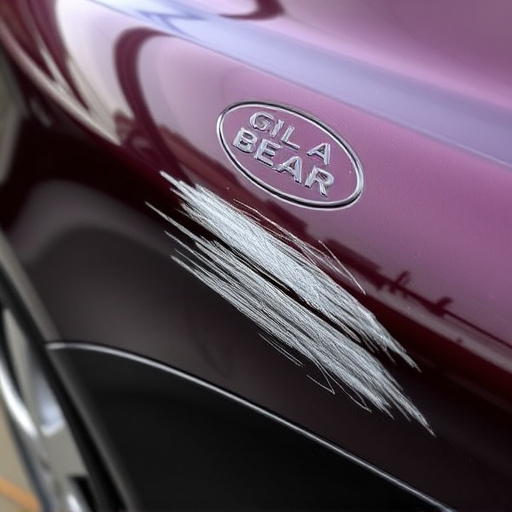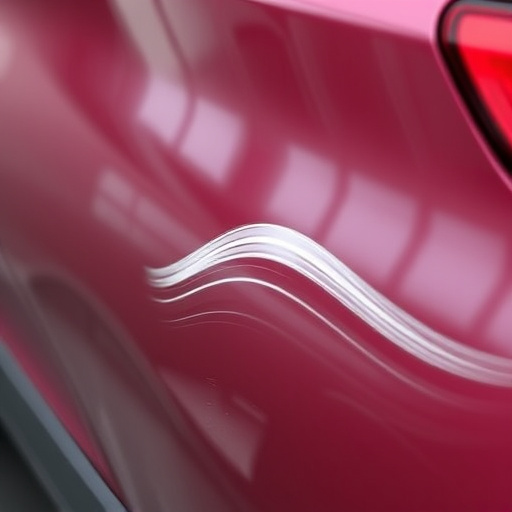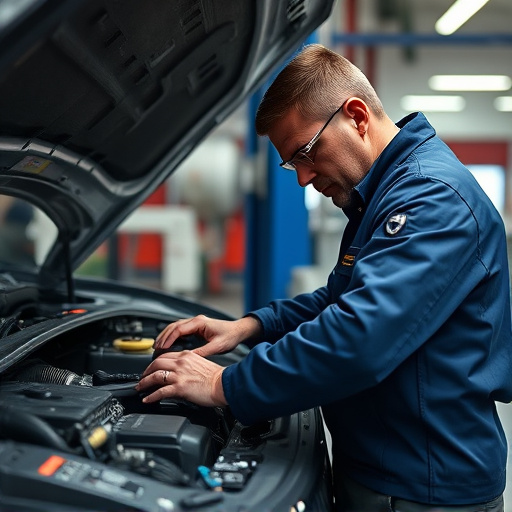As winter and fall approach, prepare your vehicle for harsh weather to avoid accidents and costly seasonal collision repair. Regularly inspect fluids, tire condition, lights, and wipers. Maintain batteries, replace worn parts, ensure correct tire pressure, and store an emergency kit. In fall, be cautious of leaves on roads, adjust speed, maintain distance, and brake suddenly to prevent damage. Proactive measures mitigate hidden cracks and dents, reducing seasonal collision repair needs.
“As the seasons change, so do the challenges we face on the road. From winter’s icy grips to summer’s heat and fall’s colorful leaves, each season presents unique risks that can lead to collisions. This article offers practical tips to help you navigate these issues without ending up in need of seasonal collision repair. By preparing your vehicle and adopting safe driving practices, you can enjoy smoother journeys and minimize potential damage.”
- Prepare Your Vehicle for Winter Weather
- Summer Road Trips: Safety First
- Fall Leaves: Navigating Hazards on the Road
Prepare Your Vehicle for Winter Weather
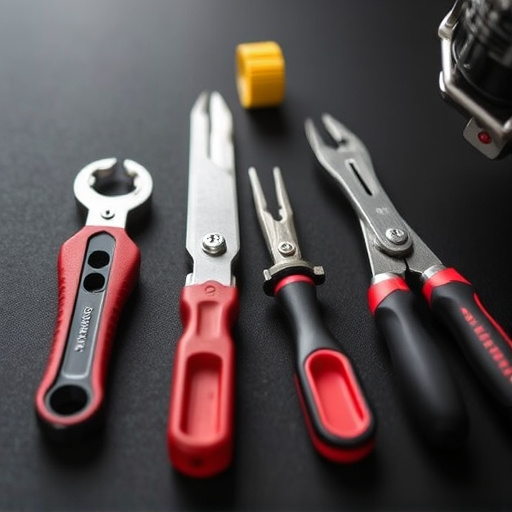
As winter approaches, it’s crucial to prepare your vehicle for the harsher weather conditions that can lead to collisions and damage. A thorough inspection is the first step; check all fluids, including anti-freeze, brake fluid, and windshield washer fluid, ensuring they’re at optimal levels. Your tires should also be in good condition; consider switching to winter tires for better traction on icy roads. Don’t forget to service your lights and wipers to maintain maximum visibility.
Regular maintenance can significantly reduce the risk of seasonal accidents and their subsequent need for automotive collision repair. Keeping your vehicle in top shape includes checking battery health, replacing worn-out components, and ensuring proper inflation pressure in tires. Additionally, preparing an emergency kit with essentials like a blanket, flashlight, and jumper cables can prove invaluable if you find yourself stranded during severe weather conditions, potentially preventing accidents altogether. Remember, prevention is key when it comes to seasonal collision repair.
Summer Road Trips: Safety First
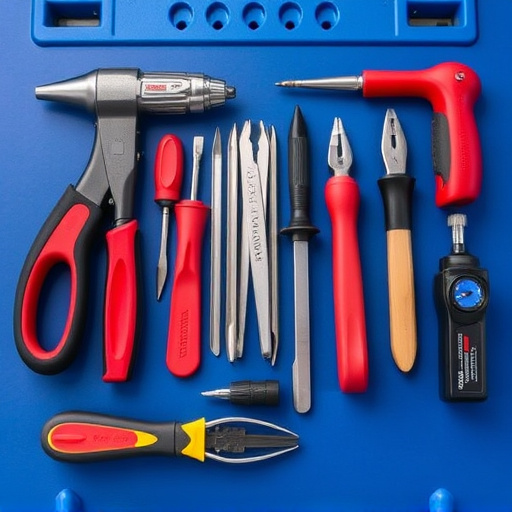
Summer is a popular time for road trips, as many take advantage of the warmer weather to explore new places. However, with increased travel comes an elevated risk of accidents and potential vehicle damage. Before embarking on your summer adventures, ensure your vehicle is in tip-top shape by visiting an auto collision center for any necessary repairs. Regular maintenance checks can prevent small issues from becoming costly problems during your travels.
Safety should always be the top priority when driving. From tire pressure to brake functionality, every component plays a crucial role in keeping you and your passengers secure. Additionally, summer brings unique challenges like wildlife encounters and unpredictable weather patterns. Being prepared and maintaining your vehicle can help mitigate risks, ensuring a smoother journey and peace of mind. Remember, a well-maintained car is less likely to require seasonal collision repair down the line.
Fall Leaves: Navigating Hazards on the Road
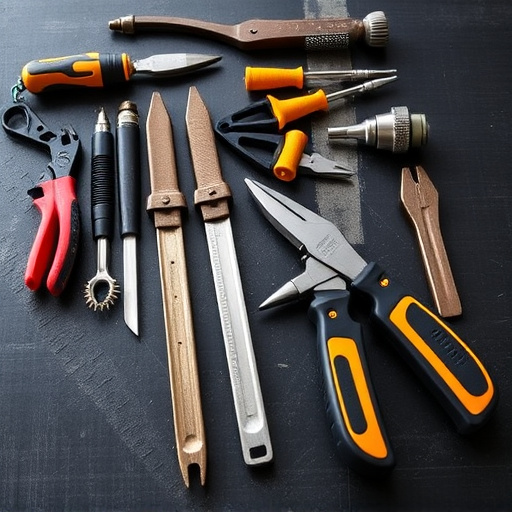
As fall arrives, so does a unique set of driving challenges. One of the most noticeable and potentially hazardous issues is the abundance of fallen leaves on the roads. While many drivers may consider this an aesthetic problem, it’s crucial to recognize that these organic road hazards can cause significant car damage repair, especially if not handled promptly. Leaves can reduce traction, leading to skidded vehicles and collision repair needs, particularly during slippery conditions.
Navigating these leaf-covered streets requires extra caution. Drivers should adjust their speed, maintain a safe following distance, and be prepared to brake suddenly. Professional car bodywork services often see an increase in hail damage repair during this season due to the leaves’ ability to hide smaller cracks and dents on vehicles, which can go unnoticed until they become more severe issues. By being proactive and adhering to these simple guidelines, you can help avoid seasonal collision repair problems associated with fall leaves.
By heeding these tips and preparing your vehicle for each season, you can significantly reduce the risk of common issues that may require seasonal collision repair. From winter’s harsh conditions to summer road trips and fall leaves, being proactive ensures a smoother journey and keeps your vehicle in top shape throughout the year. Remember, prevention is key when it comes to avoiding costly repairs.
